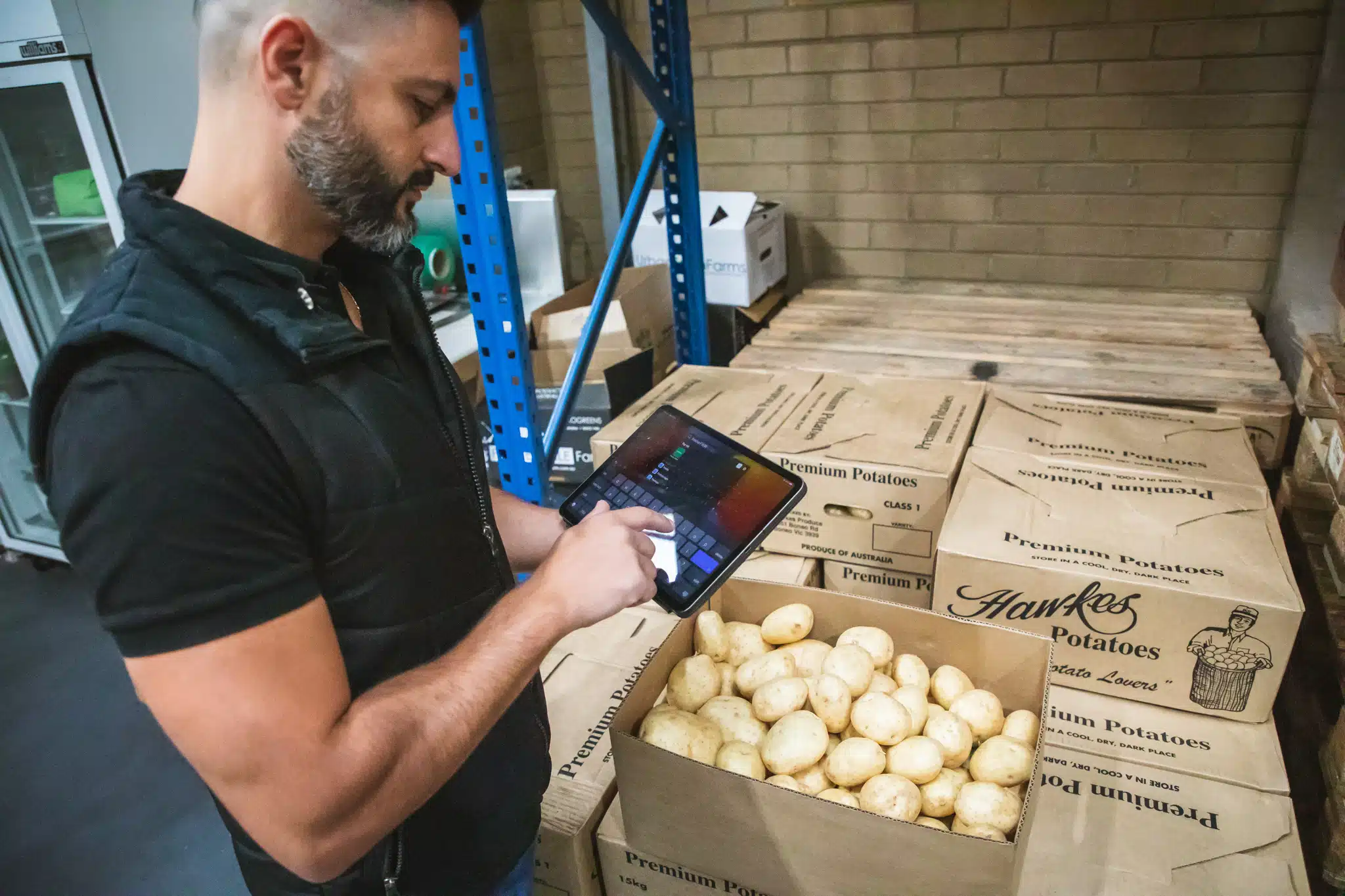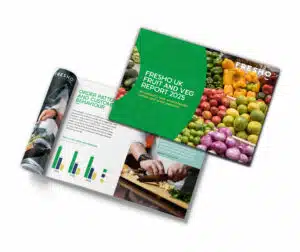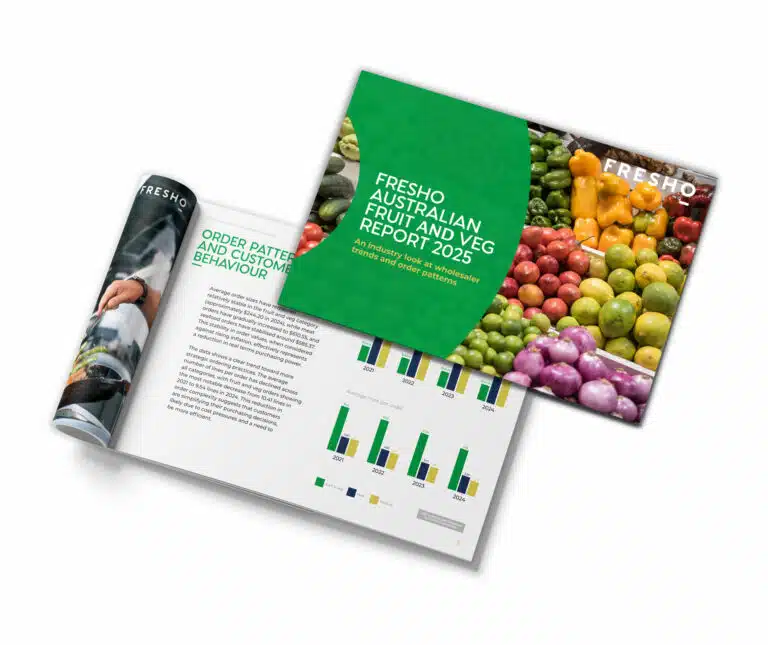Fresh food wholesalers operate in a fast-moving environment where accuracy is essential and margins can be tight. Even if stock is not held for long, efficient fresh food inventory management software is key. Let’s explore the inventory management needs of fresh food distributors and see why addressing them is critical.
The Changing Landscape
Fresh food distribution has undergone a transformation in the last ten years. Today’s business environment demands more from distributors. Margins are thinner, staffing challenges are more pronounced, and the costs of operation have skyrocketed. Customers expect outstanding service, so there has never been more need for insight into day-to-day operations, including inventory.
Challenges in Fresh Food
Fresh food distributors face unique challenges in managing inventory. These include:
Manual Processes and Errors
Many businesses are still reliant on manual processes, leading to frequent mistakes. In a less forgiving business environment, these errors can be costly both financially and in terms of lost customer good will.
Lack of Structured Stock-Taking
Unlike some industries, you can’t simply close your business overnight for an annual stocktake. So, some suppliers lack formal stock-taking procedures completely, while others have inconsistent methods. This lack of structure can lead to inefficiencies and inaccuracy.
Cost Price Management
Managing cost prices is a common issue, especially when they change almost daily. Discrepancies can lead to incorrect pricing and affect overall margins.
Complexities of Fresh Food
Fresh food distribution is unlike other sectors. It handles fragile and perishable goods, with supply and demand fluctuating rapidly. These factors make it difficult to maintain accurate inventory records without the right system in place.
Over-dependence on Key Personnel
Often, businesses rely on a single person to manage inventory. He or she typically knows the daily ins and outs of the business in great detail and is a real asset. But this over-reliance can lead to disruptions if the individual leaves or is unavailable.
Effortless Inventory Management Software
Suppliers can address these challenges with a common-sense, fresh-food-centric approach to inventory management. These five tips will help:
Automate Your Inventory System
Reducing your reliance on error-prone manual processes by putting in place a system that provides real-time updates and accurate stock levels. This will help you to make informed decisions, fast.
Structure Your Stock-Taking
Establish a regular stock-taking process to ensure consistency and accuracy in inventory management. This will help maintain optimal stock levels and reduce waste. The process needs to run alongside your daily operations, without disrupting them.
Manage Cost Prices Effectively
Integrating cost price management with inventory allows you to track and adjust prices easily. Capturing cost prices in your order management system ensures that you prevent discrepancies and protect your margin.
Seek Out Solutions Built for Fresh Food
Unlike generic inventory management software, solutions specifically designed for fresh food distribution address unique complexities like perishability, supply chain variability, and demand fluctuations and last minute orders.
Deal with Key Person Risk
Adopt a user-friendly inventory system to reduce your dependency on key personnel. An intuitive and easy-to-use system will ensure that all team members can manage inventory effectively.
The Impact on Business
Implementing an effective inventory management system tailored for fresh food distributors can have a profound impact on business operations. Imagine a world with:
Accurate Stock Levels
Real-time visibility into stock levels helps prevent overselling and short deliveries.
Improved Margins
Effective cost price management ensures that pricing is accurate, protecting margins and improving profitability.
Enhanced Efficiency
Automating manual processes reduces the time and effort required for inventory management, allowing you to focus on customer service.
Reduced Risk
Minimising key person risk and ensuring consistent stock-taking procedures mitigates potential disruptions in inventory management.
In conclusion, fresh food distributors face unique challenges that require specialised inventory management solutions. The key is to choose solutions designed specifically for the fresh food industry, as this short video shows.

By moving from Excel spreadsheets to automated, integrated, and user-friendly systems, you can overcome these challenges, improve efficiency, and enhance overall profitability.











